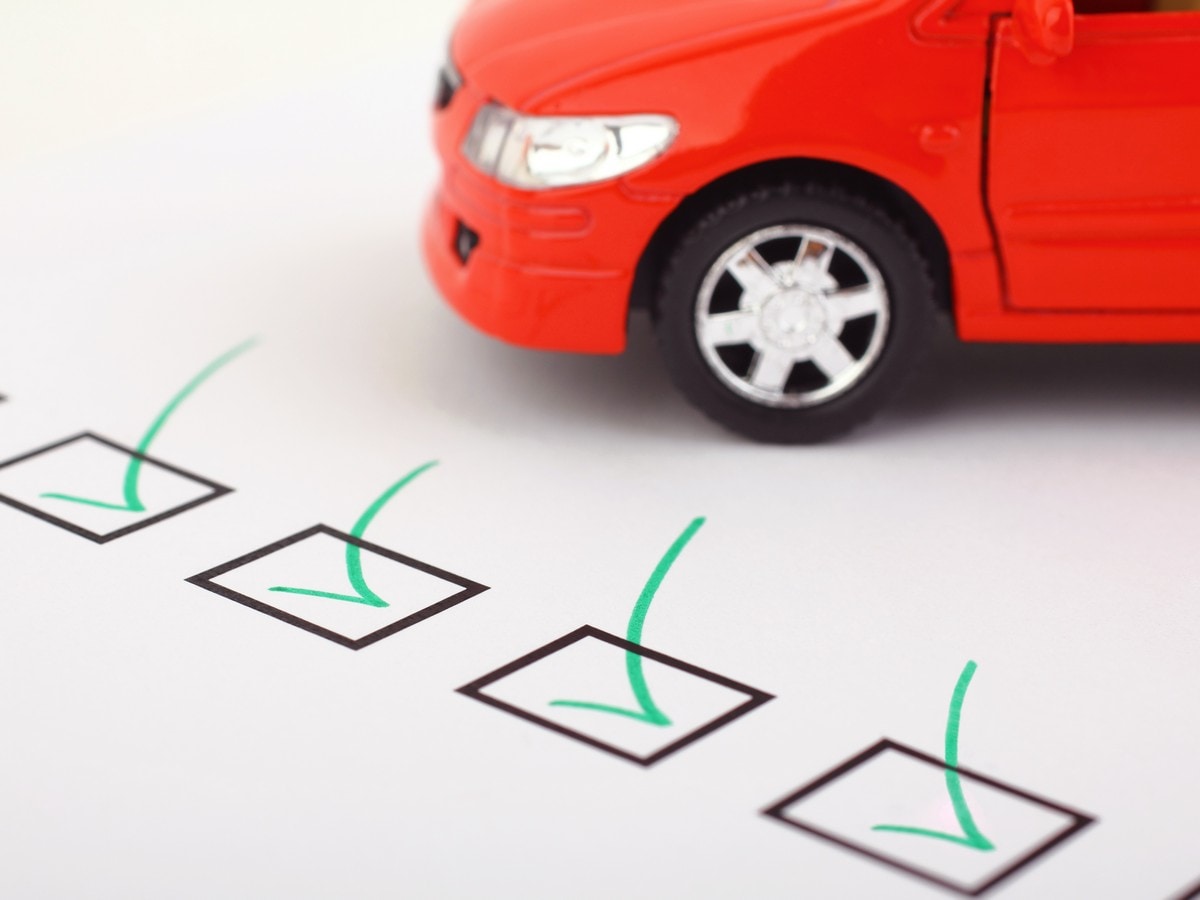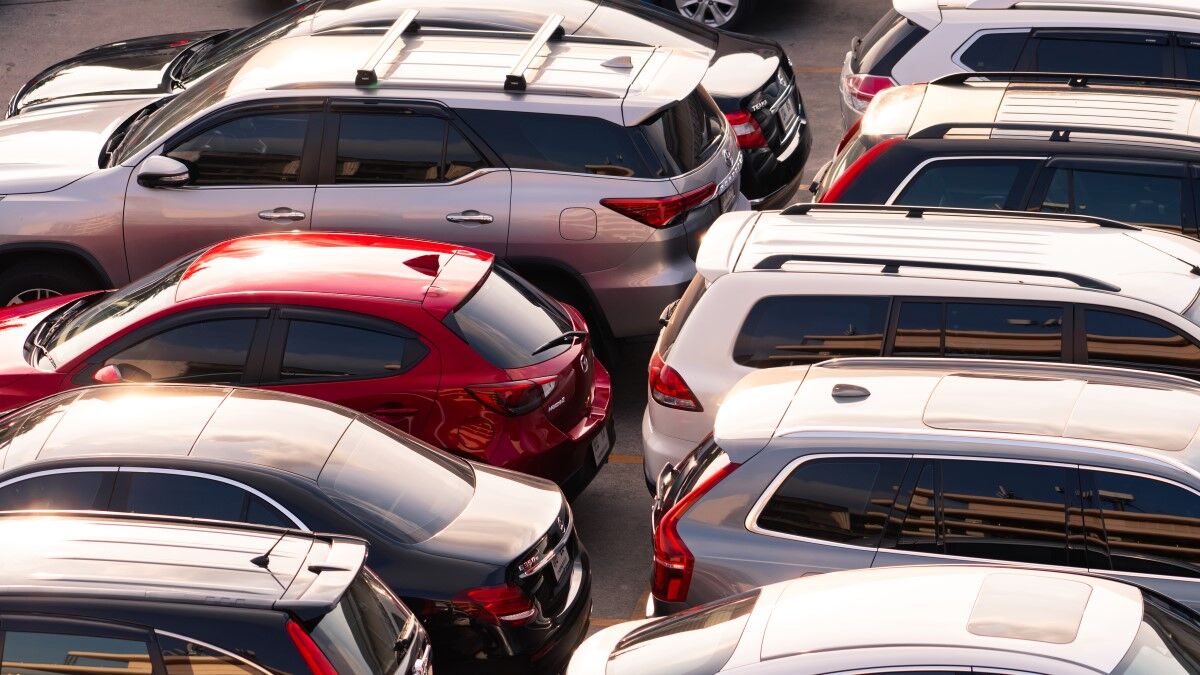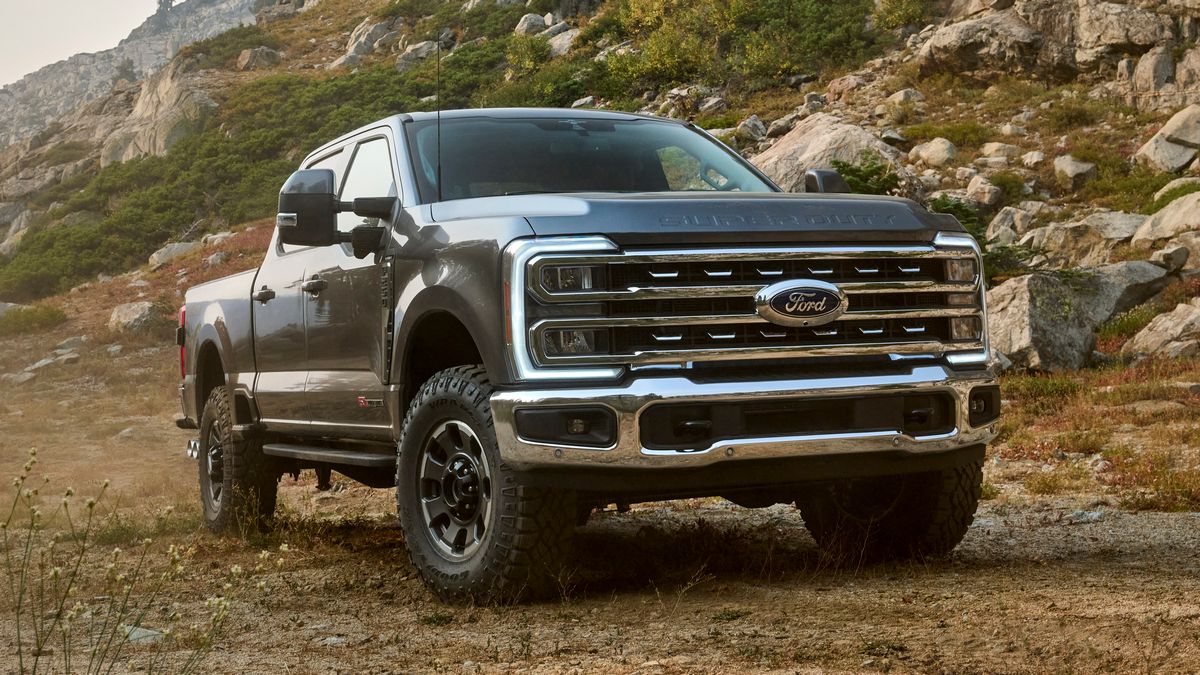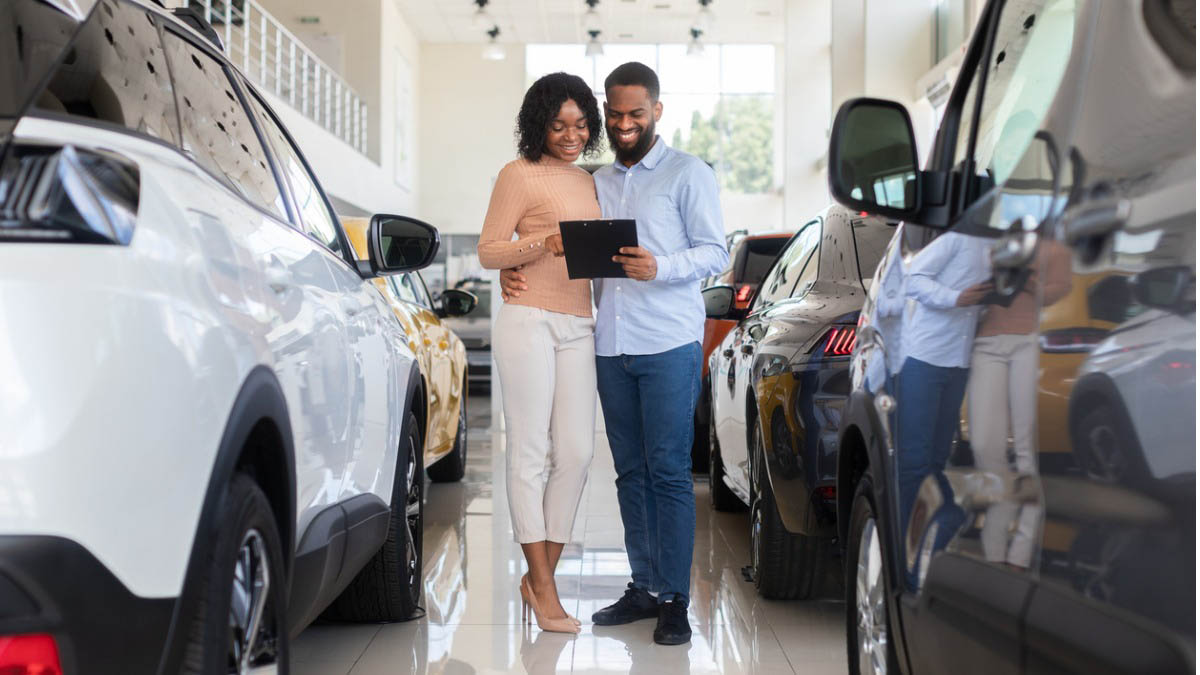
Buying a used car is daunting. A quick search online may reveal thousands of options, and unlike new cars no two used cars are the same. While a pair of used vehicles may have the same equipment, the similarities stop there because of mileage, usage and maintenance. Lacking an in depth look into a vehicle’s history and mechanical shape, it’s difficult to make the right call. With the average price of a used car floating around the $19,500 mark, it pays to cover all bases and take a few extra precautions before reaching for your wallet.
Vehicle History Report
Once you find a car that you’re interested in, one of your first moves should be to verify its condition with a vehicle history report. These reports, effectively snapshots of a vehicle’s past, can be generated using a vehicle’s VIN number and will reveal a vehicle’s recall, accident, and theft history, along with a host of other important details.
"Getting a vehicle history report is an important first step in the pre-owned vehicle purchasing process," says Dave Nemtuda, Senior Vice President of Experian Automotive. "It provides a quick and easy view into a vehicle’s past, allows consumers to compare it to other vehicles, and lowers the risk of selecting a vehicle with hidden problems."
Additionally, services like Experian’s AutoCheck lower that risk even further by offering vehicle buyback protections on qualifying vehicles if certain faults go unreported, such as an odometer rollback, salvage title issuance, or flood damage. Reports can be purchased on an individual basis or for unlimited VIN checks during a certain time period, and while they may cost a few dollars upfront, the perks and the past they alert you to can be invaluable.
Thorough Inspection
In addition to a vehicle history report, you’re going to want a trusted mechanic to inspect a vehicle’s condition. Everything may look clean and up-to-snuff, but a good mechanic will be able to spot sloppy repairs and can diagnose the overall health of a vehicle’s drivetrain, helping you avoid costly repairs in the future.
"You want to understand exactly what car you’re getting into," says Eric Widmer, Vice President of Marketing at Alliance Inspection Management. The company offers mobile vehicle inspection services to prospective car buyers and can help take the guesswork out of a used car’s condition.
Inspectors will snap photos, check fluids, and examine the car from bumper to bumper, looking for interior and exterior damage like tears and dents that pull down a car’s value. More importantly, a vehicle inspector will also search for frame damage, replacement parts, unsafe welds, and faulty or missing safety equipment that could put you and your occupants at risk.
"Our biggest concern is that a car won’t react the way it’s engineered to, if it was already in an accident," says Widmer. "The engineering of modern cars is so precise that you want to make sure if there is structural damage, it has been repaired appropriately back to original standards."
Certified Pre-Owned
For buyers who want a little extra security on their used car purchase, certified pre-owned vehicles are a great option. Certified pre-owned vehicles are late-model used cars that have been inspected and refurbished at a dealership, and as a result carry an extended manufacturer’s warranty.
Buying a certified pre-owned vehicle (CPO) affords peace of mind in knowing that necessary repairs have been taken care of and that future repairs will be covered within the lengthy warranty period. Further, depending on the manufacturer’s program, these CPO vehicles are generally less than five years old and have fewer than 80,000 miles to begin with-a good sign. Additionally, purchasing a car included in a manufacturer CPO program may qualify you for lowered interest rates and other incentives.
However, all this security comes at a price. The extended warranty, cost of inspection, and any needed repairs put certified pre-owned vehicles at a higher price point, sometimes thousands of dollars extra on what is still a used car.
The Most Bang for the Buck
In order to get the most out of your money, experts suggest the best time to buy a used car is at its three-year mark.
"The steepest part of the depreciation curve is already past, and most cars have drivetrain warranty coverage for between three and six years," notes Karl Brauer, Senior Director of Insights at Kelley Blue Book. "You’ll still be protected against major component failures, assuming the car’s mileage isn’t past the coverage limit."
Certified pre-owned vehicles may provide more protection still, with many offering up to seven years of warranty coverage, but again this comes at a price premium.
Does the Vehicle Tick All Your Boxes?
It may be obvious, but when buying a used car, make sure the vehicle fits your lifestyle and needs. If you plan on pulling a trailer, be sure to check the vehicle’s tow rating. If you’ll be commuting long distances, ensure that the car’s fuel economy ratings meet your expectations. A vehicle’s reliability and crash safety ratings should also factor into your buying decision.
Don’t forget to take a test drive either, and when you do, replicate normal driving conditions as best you can, including both city and highway speeds. Take into mind seat comfort, steering response, as well as suspension, engine and transmission performance, and even the quality of the stereo system and space in the trunk. Learning the car’s strengths and weaknesses before you buy is the idea in the test drive.
When dealing with a private party in a potential purchase, ask the seller why the vehicle is being sold. You should also check to ensure the vehicle has passed all state inspection and emissions tests and inquire about past maintenance records. If you aren’t pleased with the test drive or state of the vehicle, walk away-there are plenty of other used cars on the market, and it pays to shop around.
To help with your buying decision, use Kelley Blue Book’s used car valuation tools to find what you can expect to pay for a car at a dealership or private party, to see what others have paid, and to read reviews from owners as well as KBB experts. Choosing the right used car isn’t easy, but following the previously outlined steps will help you remove much of the angst from the process.
More Car Buying Advice and Tips
















